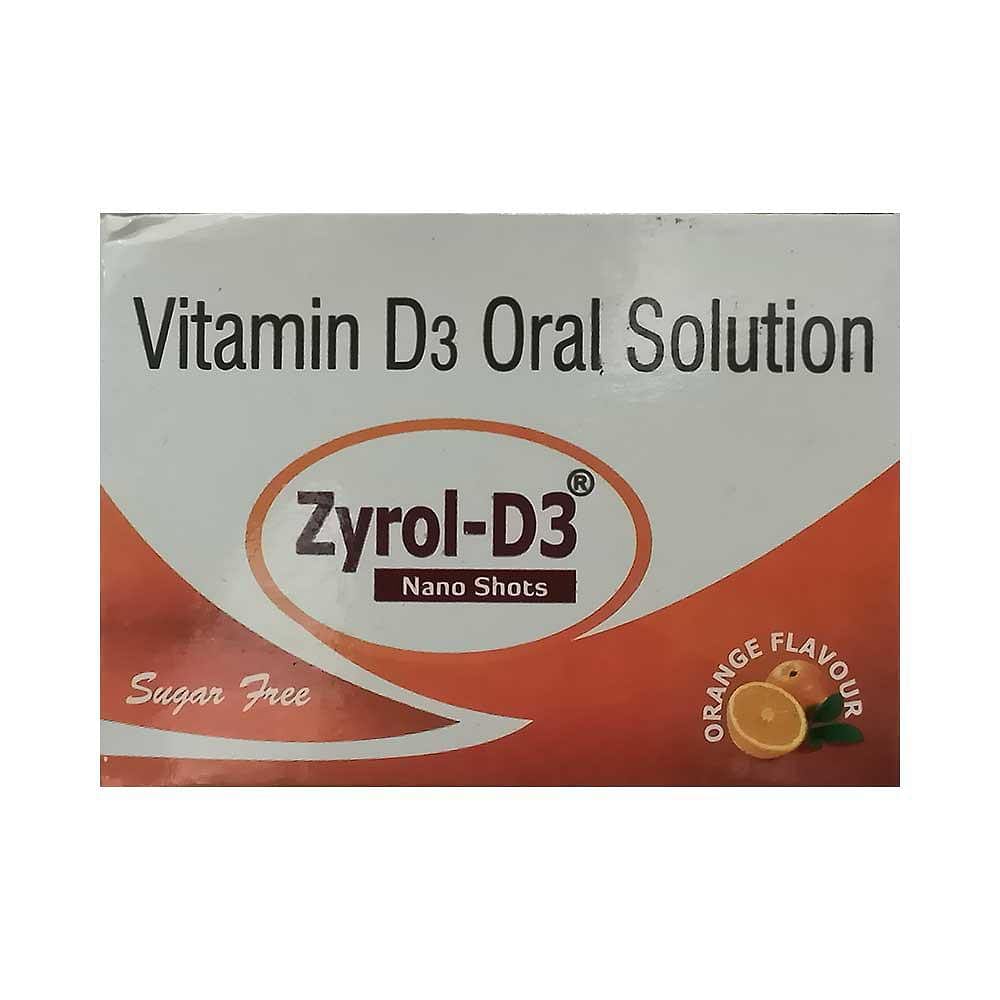
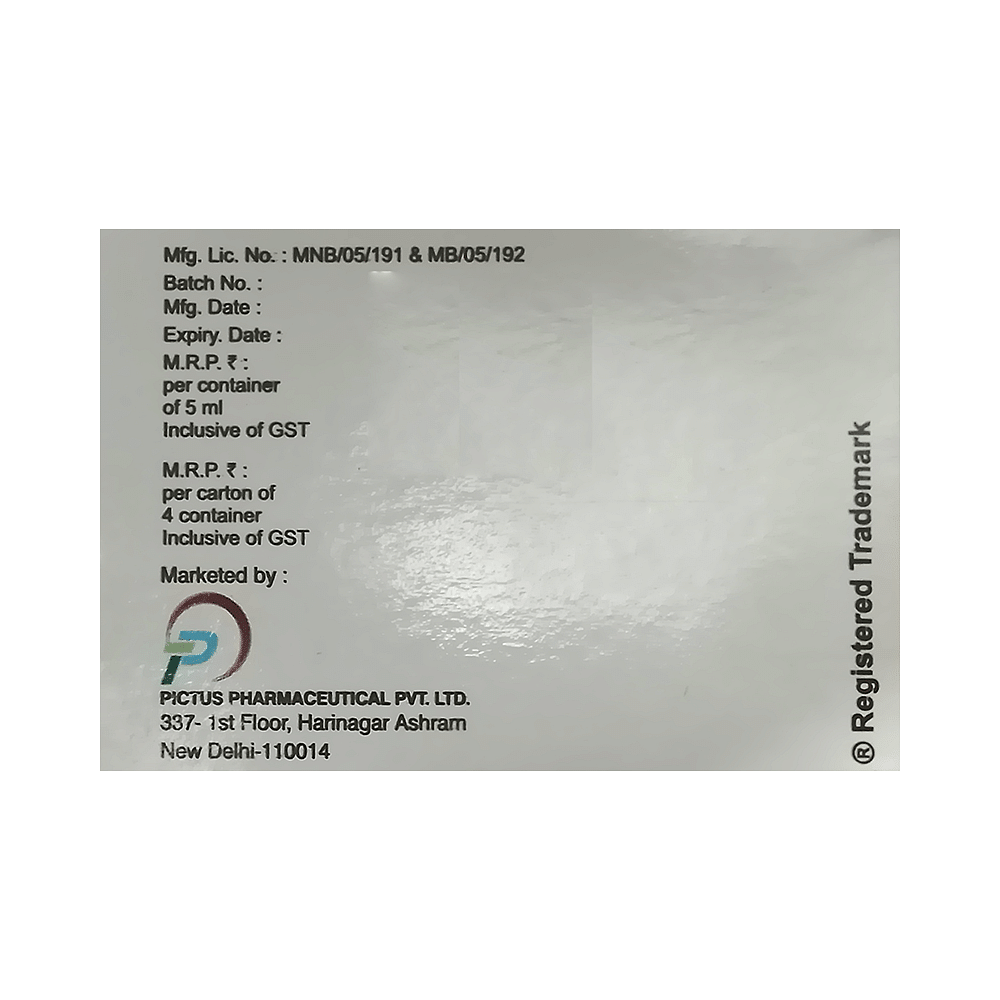
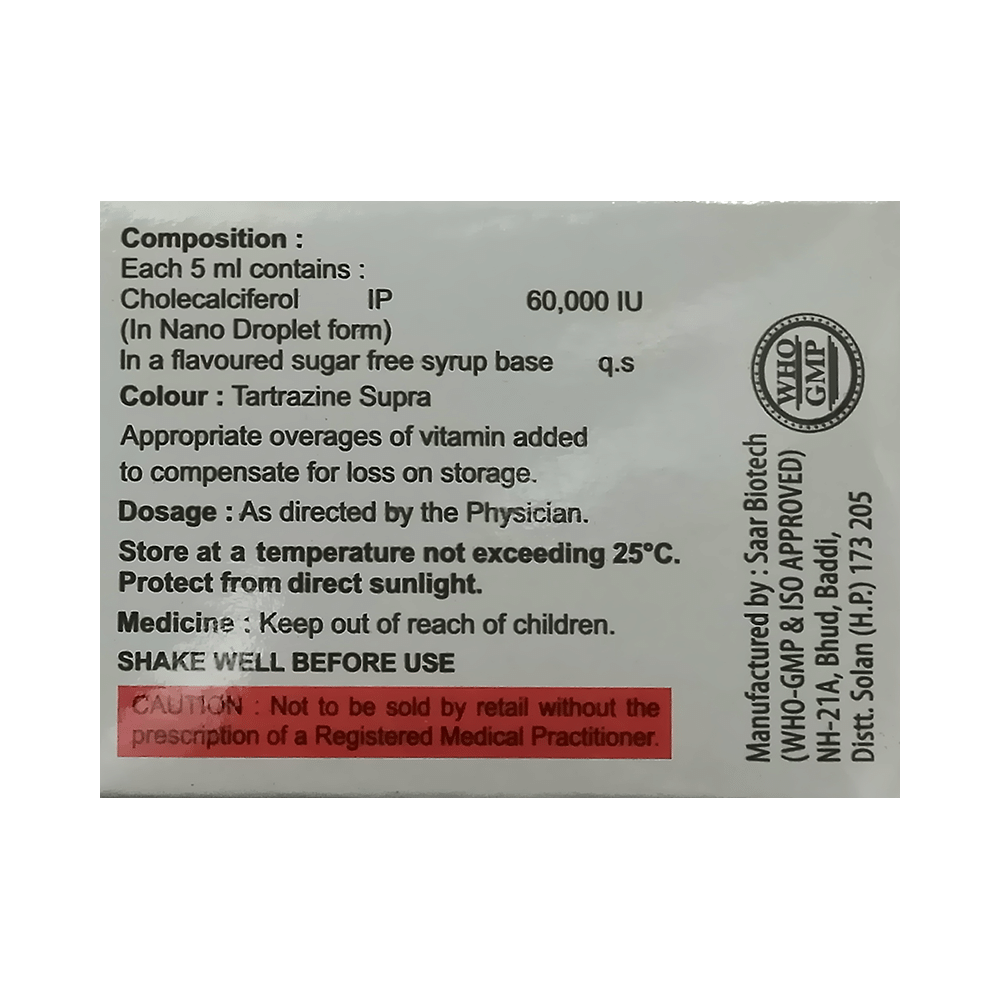
Zyrol-D3 Nano Shots (Each 5ml) Orange Sugar Free
Manufacturer
Pictus Pharmaceutical Pvt Ltd
Salt Composition
Vitamin D3 (60000IU)
Key Information
Short Description
Zyrol-D3 Nano Shots (Each 5ml) Orange Sugar Free is used in the treatment of vitamin D deficiency and osteoporosis. It helps the body to absorb calcium. Calcium is essential for maintaining strong and healthy bones.
Dosage Form
Oral Solution
Introduction
Zyrol-D3 Nano Shots (Each 5ml) Orange Sugar Free should be taken as directed by your doctor. It is best taken with or after food as this helps your body absorb it and you should take it regularly to get the most benefit. If you are using it to treat osteoporosis you will be prescribed other medicines as well. This medicine may be only part of a complete program of treatment that also includes making changes to your diet and taking calcium and vitamin supplements. Learn about the foods you should eat to make sure you get enough calcium and vitamin D in your diet.
Directions for Use
Take this medicine in the dose and duration as advised by your doctor. Check the label for directions before use. Measure it with a measuring cup and take it by mouth. Shake well before use. Zyrol-D3 Nano Shots (Each 5ml) Orange Sugar Free is to be taken with food.
Safety Information
Side Effects
No common side effects listed.
Alcohol Warning
Caution is advised when consuming alcohol with Zyrol-D3 Nano Shots (Each 5ml) Orange Sugar Free. Please consult your doctor.
Breastfeeding Warning
Zyrol-D3 Nano Shots (Each 5ml) Orange Sugar Free is safe to use during breastfeeding. Human studies suggest that the drug does not pass into the breastmilk in a significant amount and is not harmful to the baby.
Pregnancy Warning
Information regarding the use of Zyrol-D3 Nano Shots (Each 5ml) Orange Sugar Free during pregnancy is not available. Please consult your doctor.
Interacting Medicines
Orlistat
How it works
Zyrol-D3 Nano Shots (Each 5ml) Orange Sugar Free is a form of vitamin D. It raises vitamin D levels in your blood. This in turn raises calcium levels in your blood by helping you absorb more calcium from food.
Quick Tips
Your doctor has prescribed Zyrol-D3 Nano Shots (Each 5ml) Orange Sugar Free for the treatment of vitamin D3 deficiency. Take it as per dose and duration suggested by your doctor. It should be taken with food for faster absorption of medicine. Some healthy tips for vitamin D deficiency: Get enough sun exposure 10-30 minutes thrice a week. Light-skinned: 20-30 minutes of sun exposure. Dark-skinned: 30-40 minutes of sun exposure. Eat vitamin D rich diet like egg yolk, mushrooms, cheese, milk, butter, fortified food and oily fish.
Related Medicines
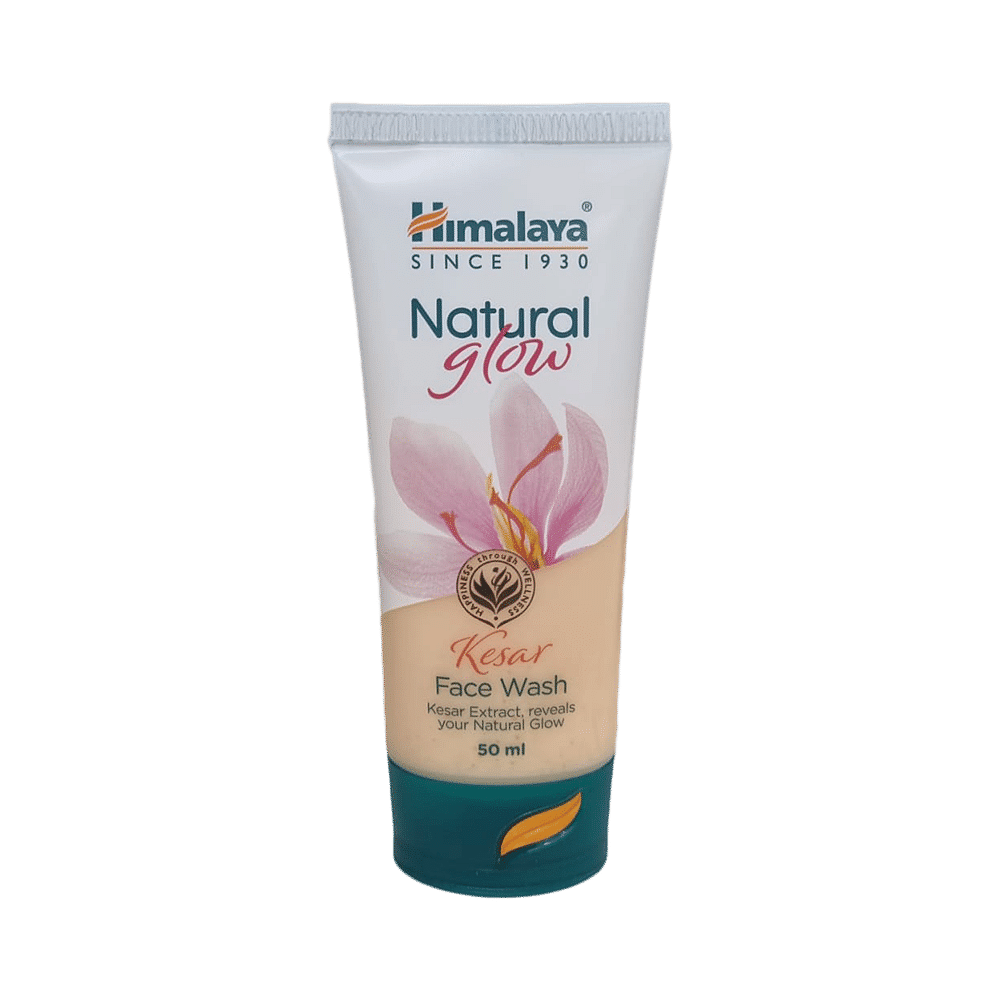
Himalaya Natural Glow Kesar Face Wash
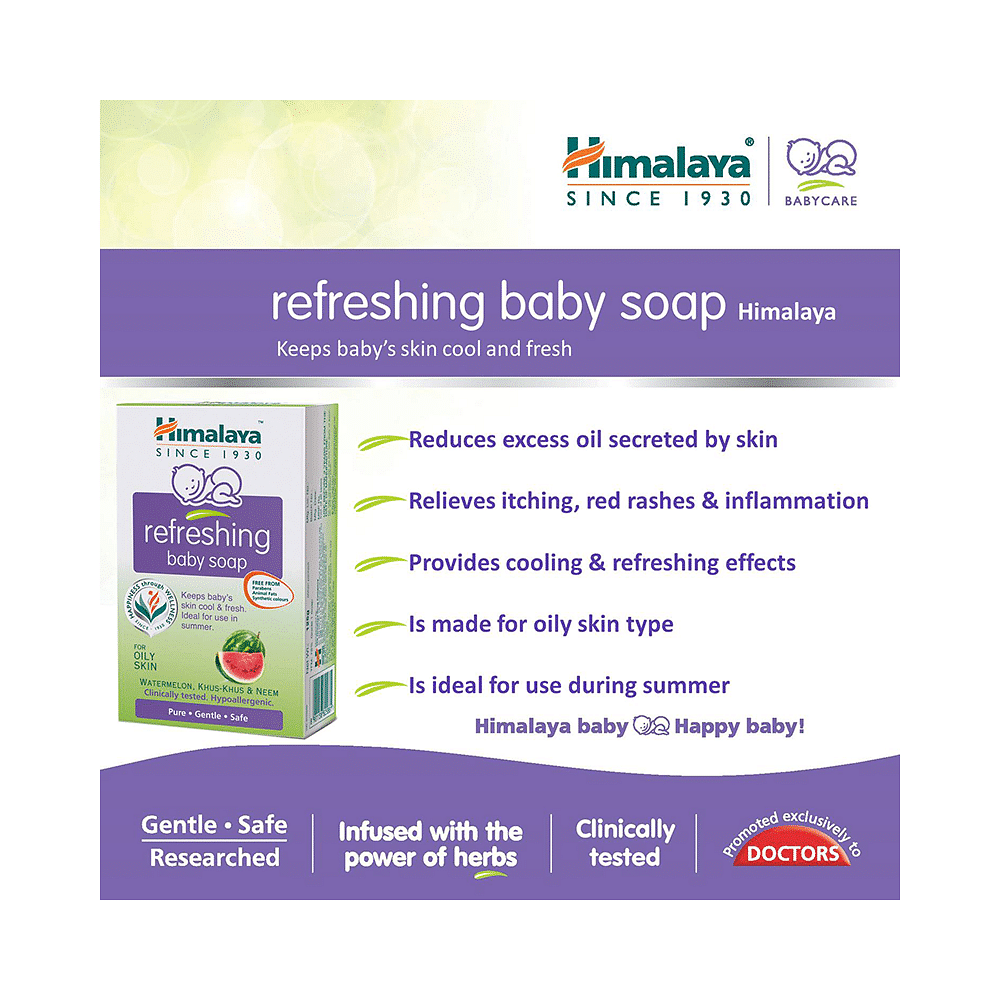
Himalaya Refreshing Baby Soap
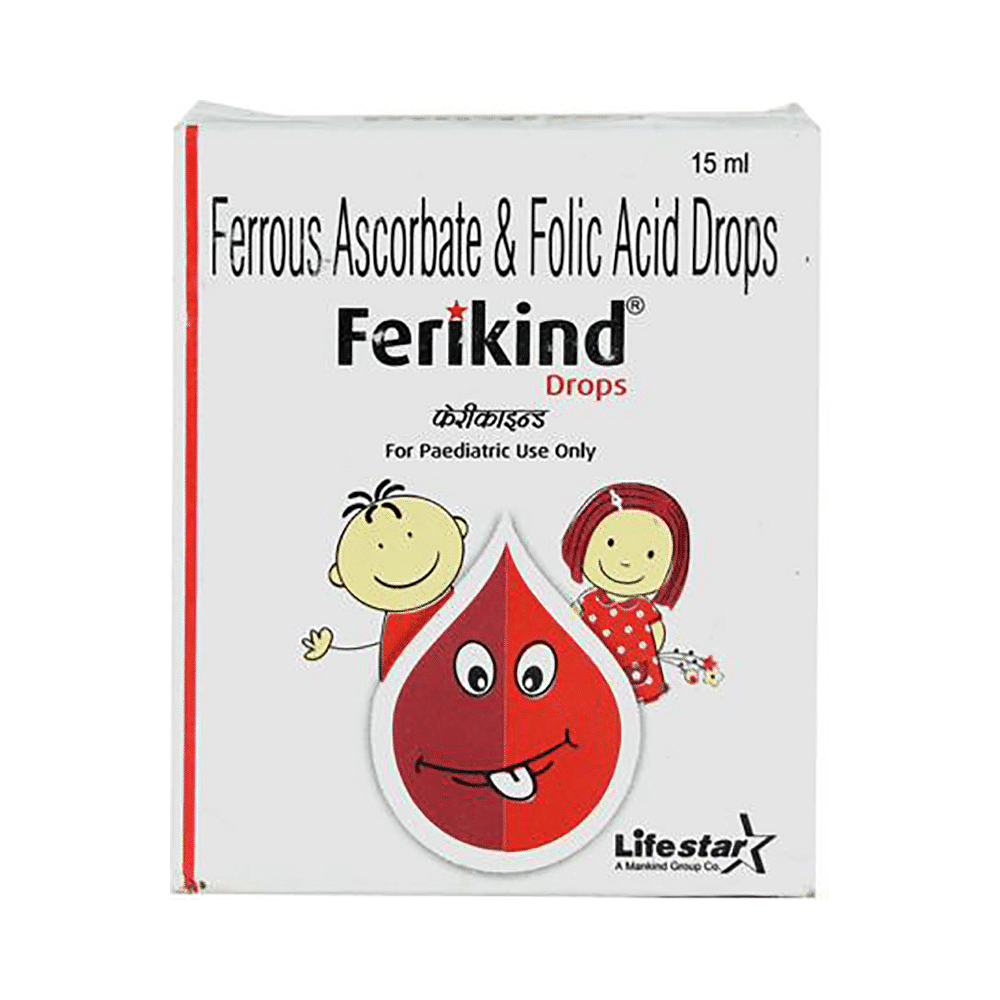
Ferikind Drop
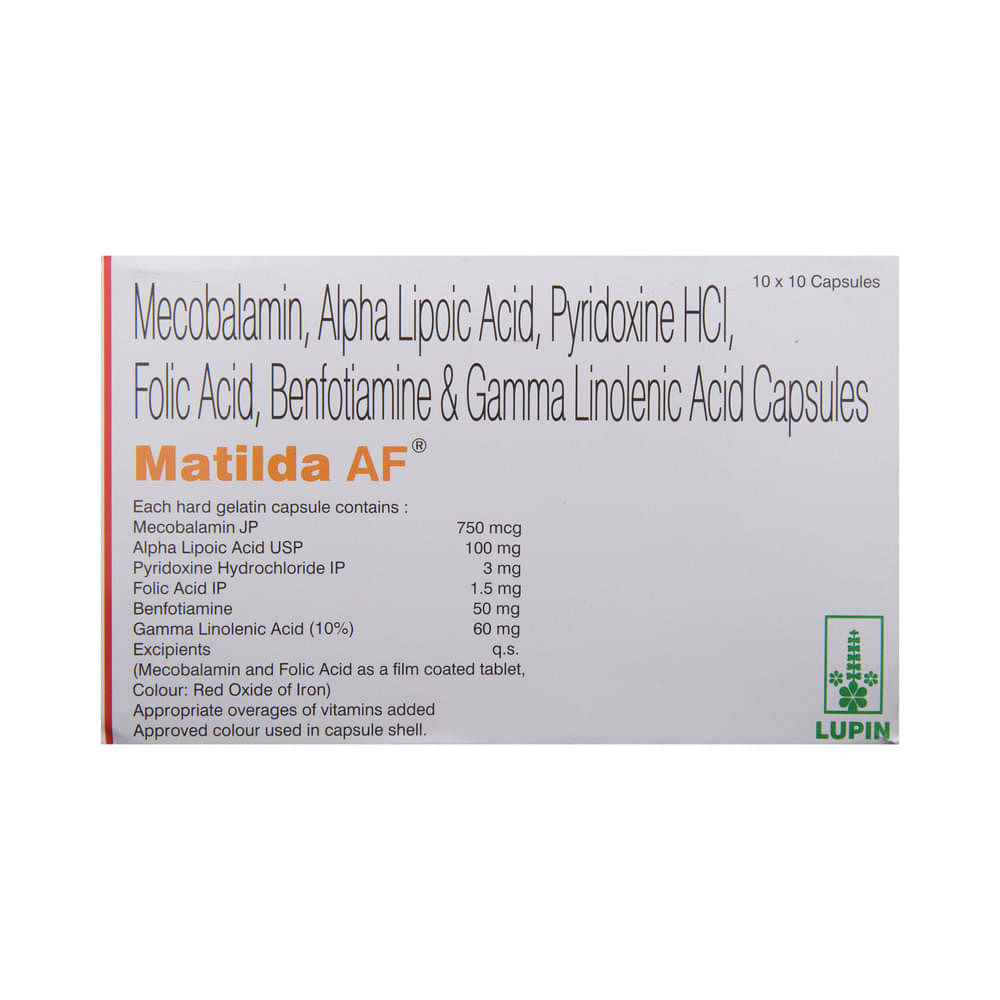
Matilda AF Capsule
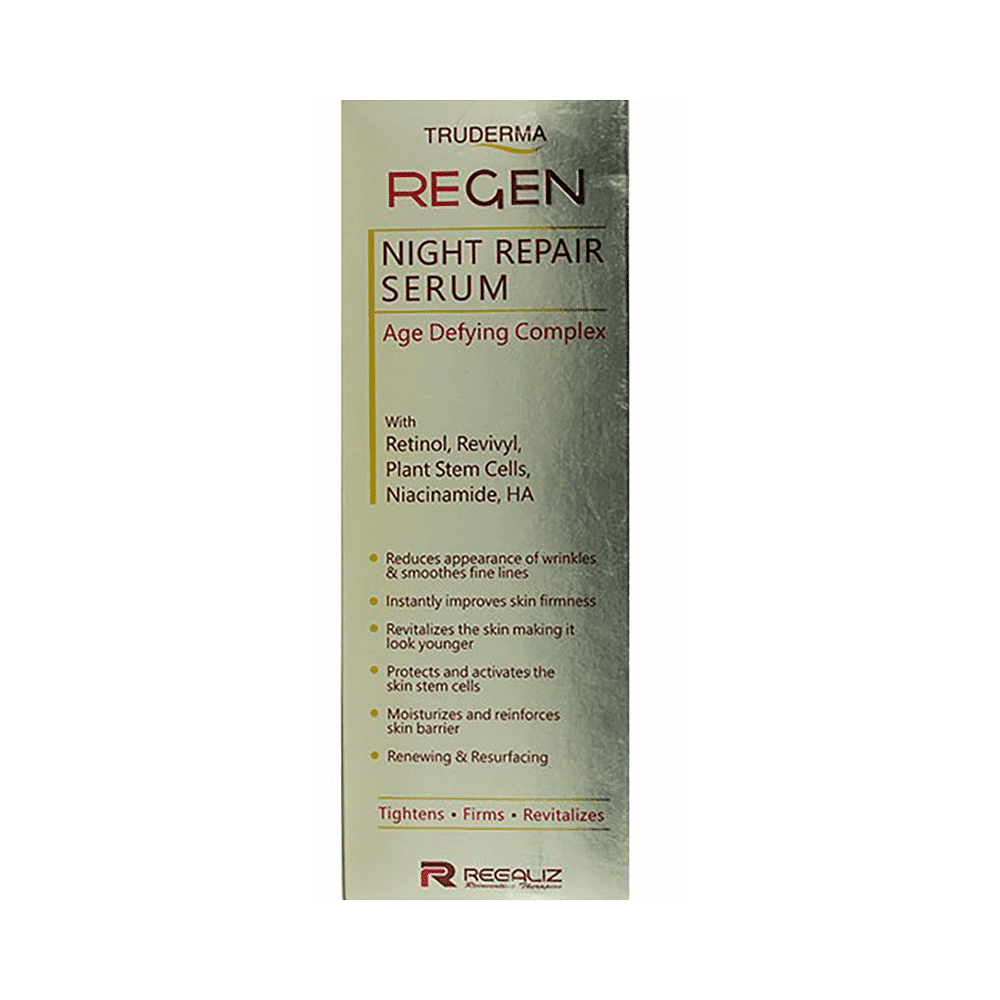
Regaliz Truderma Regen Night Repair Serum

Ecomoist Ultra Eye Drop
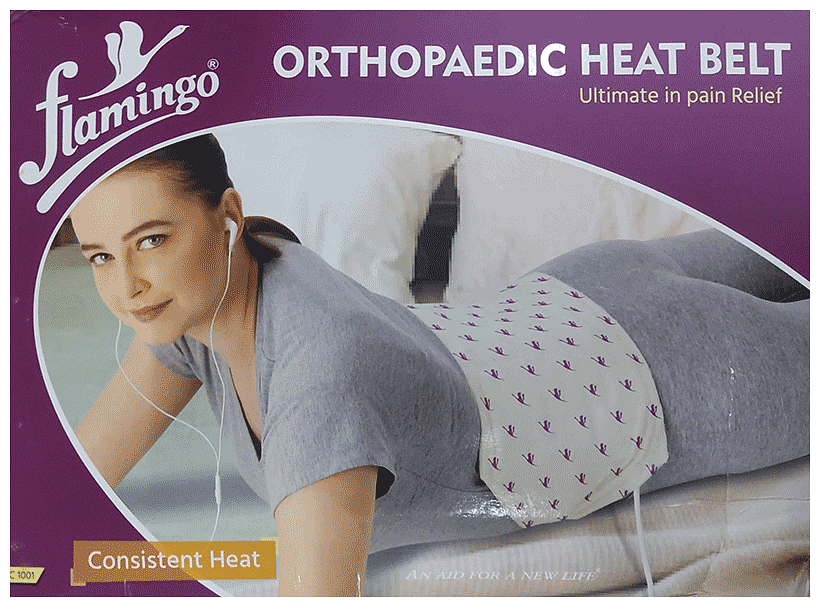
Flamingo Orthopaedic Heating Belt Regular

Manforce Chocolate Flavoured Condom

Cetaphil Moisturising Lotion Normal To Sensitive Skin
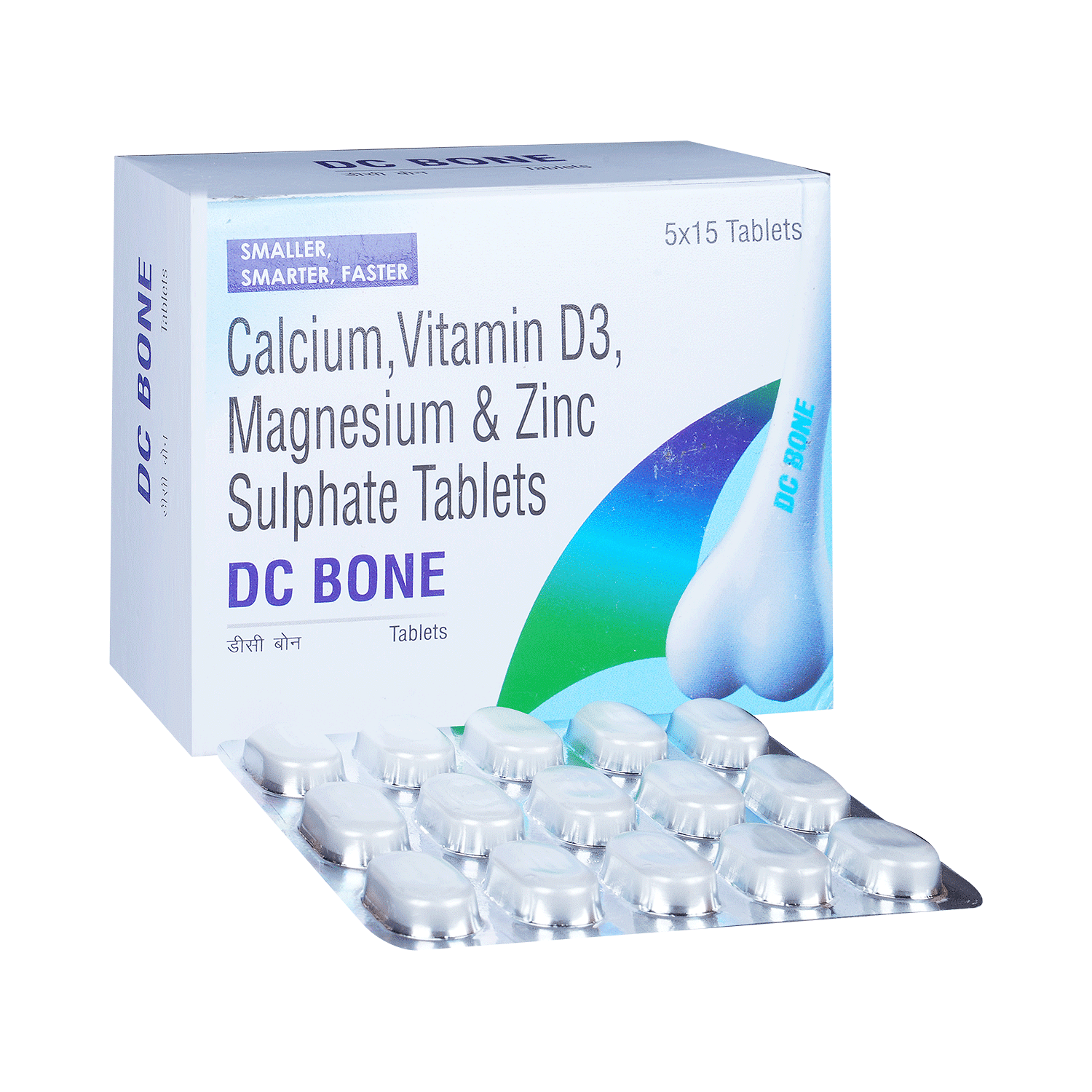
DC Bone Tablet
Frequently asked questions
Is it better to take Zyrol-D3 Nano Shots (Each 5ml) Orange Sugar Free at night or in the morning?
You can take Zyrol-D3 Nano Shots (Each 5ml) Orange Sugar Free at any time of day, morning or evening. There is limited information available on the best time to take Zyrol-D3 Nano Shots (Each 5ml) Orange Sugar Free. Take it exactly as advised by your doctor.
What are the benefits of taking Zyrol-D3 Nano Shots (Each 5ml) Orange Sugar Free?
Zyrol-D3 Nano Shots (Each 5ml) Orange Sugar Free plays a role in maintaining bone health, supporting immune system function and brain & nervous system health. It also helps regulate insulin levels and is essential for healthy heart and blood vessels.
How should Zyrol-D3 Nano Shots (Each 5ml) Orange Sugar Free be taken?
Zyrol-D3 Nano Shots (Each 5ml) Orange Sugar Free should be swallowed whole with water and not crushed or chewed. It is recommended to take it with the main meal of the day for optimal absorption.
Who should not take Zyrol-D3 Nano Shots (Each 5ml) Orange Sugar Free?
Zyrol-D3 Nano Shots (Each 5ml) Orange Sugar Free should not be taken by patients with: - Allergies to cholecalciferol (Vitamin D) - Patients with elevated calcium levels in the blood or presence of calcium in urine. Use should be avoided in individuals with kidney stones or severe kidney problems.
What happens if I take too much Zyrol-D3 Nano Shots (Each 5ml) Orange Sugar Free?
Excessive intake of Zyrol-D3 Nano Shots (Each 5ml) Orange Sugar Free over prolonged periods may increase the level of calcium in the blood, which is known as hypercalcemia. This can lead to symptoms such as weakness, fatigue, vomiting, diarrhea, sluggishness, kidney stones, elevated blood pressure and growth retardation in children.
How much vitamin D should I take daily?
The recommended daily intake of vitamin D is 4000 IU. However, if your diet doesn't provide enough vitamin D, you may need to supplement with 1000-3000 IU of vitamin D supplements. Zyrol-D3 Nano Shots (Each 5ml) Orange Sugar Free contains a form of vitamin D used as a supplement for patients with vitamin D deficiency.
What happens if vitamin D is low?
Low levels of Vitamin D can lead to rickets in children and osteomalacia (soft bones) in adults. Deficiency can also increase the risk of type 1 diabetes, high blood pressure, depression, certain types of cancer, and osteoporosis.


